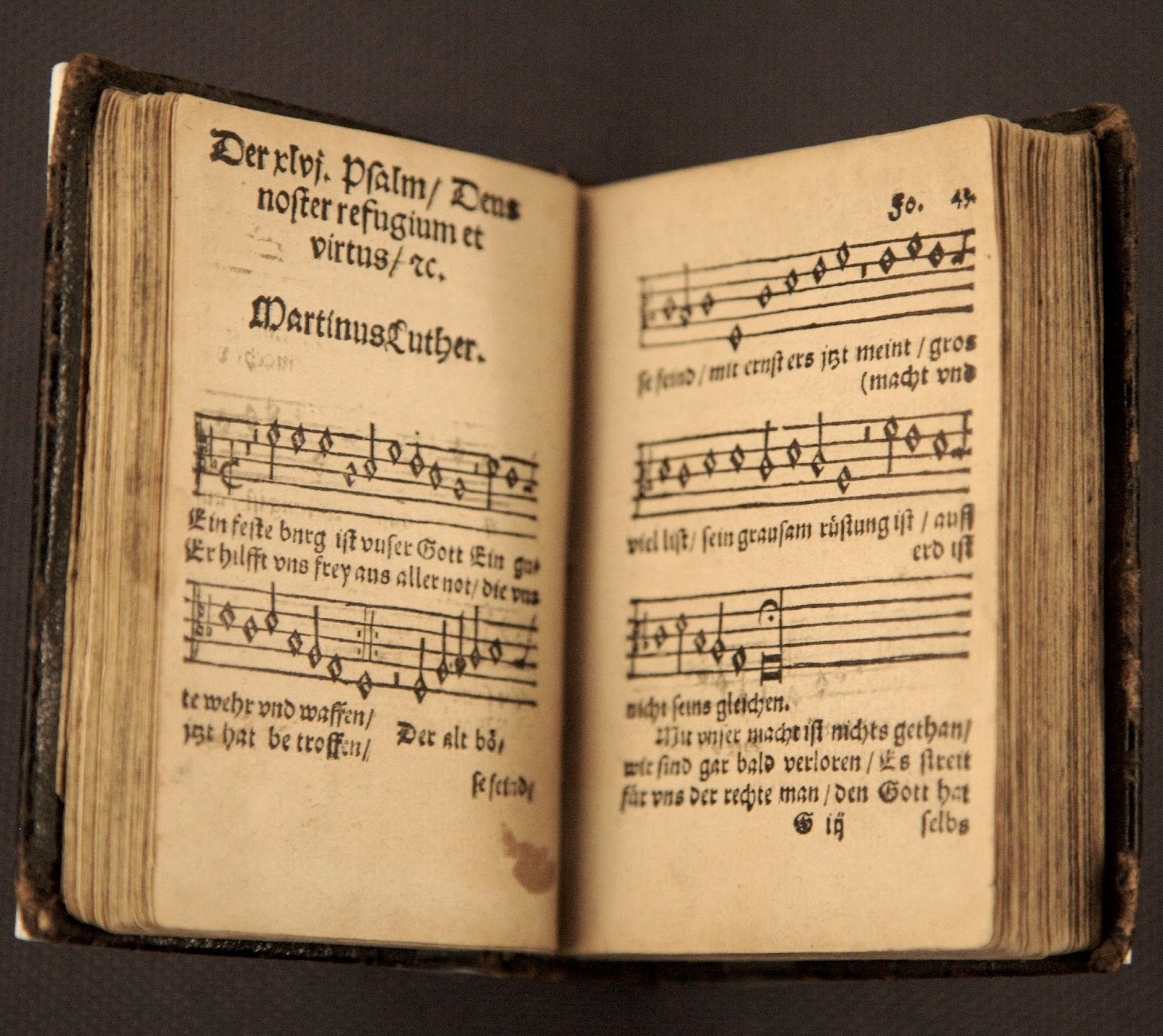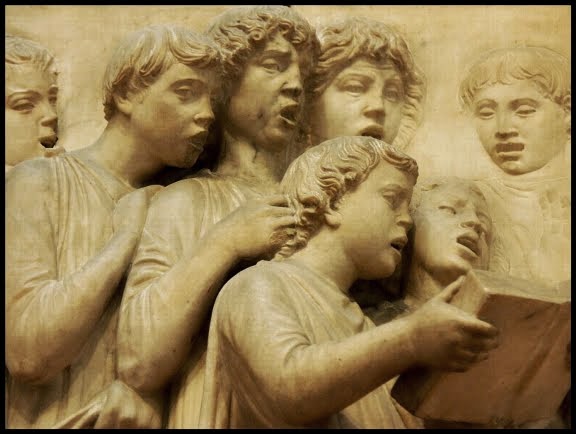Praying the Psalms: An Exercise
“When read only occasionally, these prayers are too overwhelming in design and power and tend to turn us back to more palatable fare. But whoever has begun to pray the Psalter seriously and regularly will soon give a vacation to other little devotional prayers and say: ‘Ah, there is not the juice, the strength, the passion, the fire which I find in the Psalter. It tastes too cold and too hard’ (Luther).”
-- Dietrich Bonhoeffer, Psalms: The Prayer Book of the Bible
“Left to ourselves, we are never more selfish than when we pray. With God as the Great Sympathizer, the Great Giver, the Great Promiser we go to our knees and indulge every impulse for gratification. But the Psalms that teach us to pray never leave us to ourselves; they embed all our prayers in liturgy. Liturgy defends us against the commonest diseases of prayer: the tyranny of our emotions, the isolationism of our pride.”
-- Eugene Peterson, Answering God
"That's what a lot of the psalms feel like to me, the blues. Man shouting at God--'My God, my God why hast thou forsaken me? Why art thou so far from helping me?' I hear echoes of this holy row when un-holy bluesman Robert Johnson howls 'There's a hellhound on my trail' or Van Morrison sings 'Sometimes I feel like a motherless child'."
--Bono, in preface to the Pocket Book Psalms
This quarter I am teaching a course which is titled, "The Practice of Prayer and Worship." The purpose of the course is to explore practices oriented toward the formation of God’s people through personal and corporate prayer and worship. This exploration is done in light of the Bible, history, theology, cross-cultural studies and ritual studies. The first two weeks of class I sought to make the case that the Lord's Prayer, the Collect Prayer and the Psalms, all three together, constitute the fundamental grammar of distinctly Christian prayer.
You get these right--you get these deeply embedded in your psyche and your muscle memory--and you get pointed in the right direction for the rest of your life.
Last week I had my class do an exercise with the psalms. The aim of the exercise was to get them to pay close attention to the details and patterns of a particular set of psalms. It was a fun exercise to watch my students do; so much fun that we've had to carry it over to this week. I preceded this exercise with a brief lecture on the habits of reading that are necessary to reading the psalms well. We never merely read, I argued. We either read with rich understanding or with poor understanding. We are either profoundly or minimally transformed in our reading of the psalms.
What sorts of habits might be important to our practice of prayer and worship? I suggested eight for starters.
1. Pay attention to whole of a psalm, not just to the parts of a psalm.
2. Read the psalms consistently, rather than occasionally and sporadically.
3. Pay attention to the internal coherence of a psalm or a section of psalms, rather than allowing them to remain fragmented parts, reflective of our immediate and self-absorbed interest.
4. Read the psalms out loud, not just silently.
5. Read and sing and pray the psalms together, not just alone.
6. Pay attention the Psalter’s “hospitable ‘I’” and its “intimate communal” sense, rather than allowing the individual expressions to devolve to individualism and the communal expressions to devolve to an impersonal communalism.
7. Immerse yourself in the metaphors that the psalmist employs, rather than remaining distant and detached from them.
8. Pay attention to the placement and role of the psalms in the biblical canon, rather than viewing them as isolated and idiosyncratic.
With these habits of reading in mind, and the formational implications for us personally and communally, I invited them to get in groups of four and five in order to practice these habits in a concentrated exercise. Here is what that exercised looked like.
Small Group Exercise
1.
In your
groups of four or five, take two psalms each.
a.
Group 1:
Pss. 1-8
b.
Group 2:
Pss. 82-87
c.
Group 3:
Pss. 90-97
d.
Group 4:
Pss. 120-134
e.
Group 5:
Pss. 141-150
2.
For 10
minutes work individually. Make two columns. Under one column write all the
verbs that relate to human action. Under the other column write all the verbs
that relate to God’s action.
3.
In your
small groups collate your results: note the number of repetitions, note the
patterns of speech, note the key metaphors, note the movement of expression and
ideas. Have one person collate these observations in a Word doc.
Take 20 minutes to do this task.
4.
After you’ve
done this, take a moment individually to draw 1-2 conclusions from these
observations for the practice of either worship or prayer. How might what
you’ve observed shape or re-orient how you worship (personally or corporately)
and pray (personally or corporately)?
5. Following this, we will
conclude our time in a large group discussion, to hear what each of us has
discovered and concluded.
“The Psalms…are infused with and surrounded by a genetic, cultural, worshiping, and believing heritage. This canonical condition means that in the life of faith we don’t make up original prayers that suit our private spiritual genius. Prayer is not an original language, but a received language.”
-- Eugene Peterson, Answering God







Comments
Brian Moss
Lauren